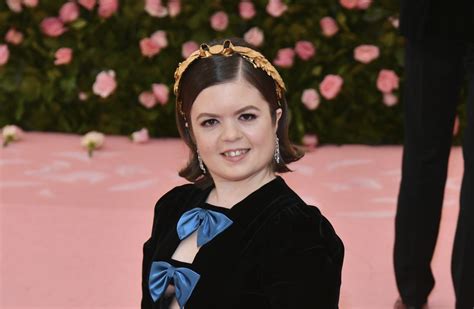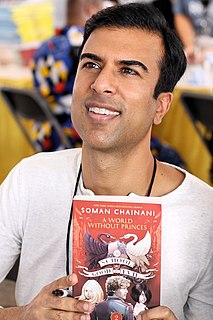A Quote by Jeff Kinney
Kids and adults have a difference of opinion when it comes to what constitutes legitimate reading. Adults often push books that they loved as children, which, ironically, were often books that their parents weren't particularly keen on.
Quote Topics
Related Quotes
Every generation likes to think that children don't read as much as they used to when they were young! You listen to some adults saying they were going around reading 'Ulysses' when they were seven or eight! I think children are voracious readers if you give them the right books and if you make those books accessible to them.
The StarTalks - while kids can watch them, they're actually targeted at adults. Because adults outnumber kids five to one, and adults vote, and adults wield resources, and adults are heads of agencies. So if we're going to affect policy, or affect attitudes, for me, the adults have always been the target population.
My daughter is seven, and some of the other second-grade parents complain that their children don't read for pleasure. When I visit their homes, the children's rooms are crammed with expensive books, but the parent's rooms are empty. Those children do not see their parents reading, as I did every day of my childhood. By contrast, when I walk into an apartment with books on the shelves, books on the bedside tables, books on the floor, and books on the toilet tank, then I know what I would see if I opened the door that says 'PRIVATE--GROWNUPS KEEP OUT': a child sprawled on the bed, reading.
Think about reading: Today, parents would love it if their kids read books more because the parents understand the books. Just over 100 years ago, parents were upset because their kids were reading dime-store novels. Parents would say, "I don't want you inside reading anymore. Get outside and play." I guarantee you, in 50 years or so, parents are going to say, "You're not going outside to play until you finish that video game."
When people learn that I'm a qualified primary school teacher, I'm often met with surprise and a list of questions, including, 'How do the children react? How do you do it?' Children are some of the most open and inclusive individuals. It's often us adults who have difficulties in accepting difference.
I never think of my work as writing for a young audience, frankly, because I think it risks talking 'down' to them. The idea is for these books to work just as well as for adults as kids. As for what readers will take away, I just want them to love being in the world and see it as a safe place to explore things that adults are often uncomfortable talking to them about.
Lots of kids, including my son, have trouble making the leap from reading words or a few sentences in picture books to chapter books. Chapters are often long... 10 pages can seem like a lifetime to a young reader. Then reading becomes laborious and serious. That's why some of the chapters in my books are very short.






































